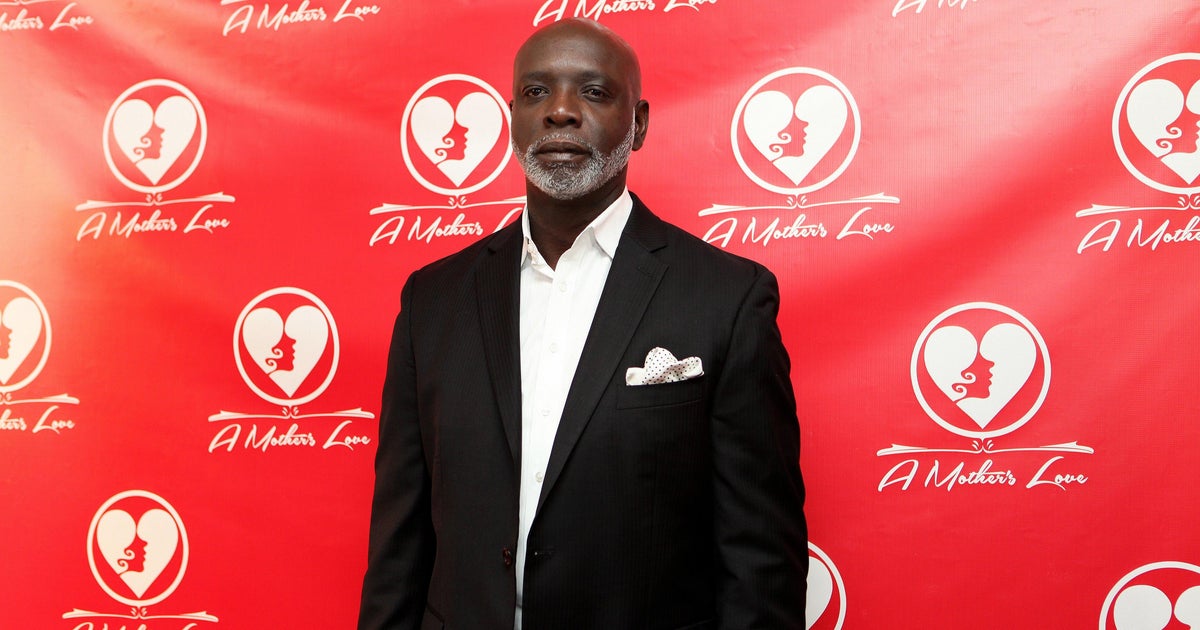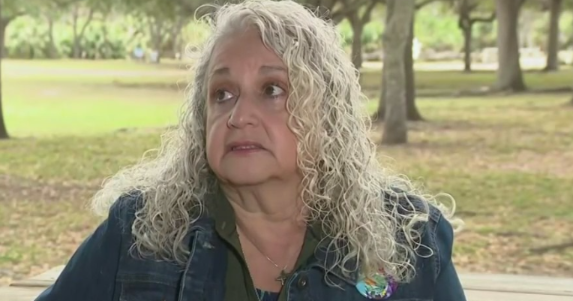Gov. Scott, GOP Leaders To Address Healthcare Reforms In 2013
TALLAHASSEE (CBSMiami/NSF) – The new year will bring challenges to Gov. Rick Scott and Republican legislative leaders as they as they try to figure out how to move forward with a long-awaited overhaul of the Medicaid system and how to carry out the federal Affordable Care Act.
The Scott administration wants to require almost all Medicaid beneficiaries statewide to enroll in managed-care plans, an effort that has drawn opposition from Democratic lawmakers and some patient advocates. Meanwhile, after waging a legal and political battle, Scott and his GOP colleagues face the reality that the Affordable Care Act --- better known as Obamacare --- is here to stay.
Lawmakers in 2011 approved the Medicaid overhaul, but it requires approval from the federal government. State Medicaid director Justin Senior told lawmakers this month that he expects a decision from federal officials in February about the first part of the overhaul.
That part would lead to managed-care enrollment for seniors who need long-term care. If approved by federal officials, those changes would start taking effect by Oct. 1. Broadly, the idea is that HMOs and other types of managed-care plans could provide services that would allow seniors to stay in their homes and communities instead of having to live in costly nursing facilities.
The state Agency for Health Care Administration has been seeking approval from the federal Centers for Medicare & Medicaid Services for more than a year and also has started the contracting process for managed-care plans that want to take part in the long-term care system. The state would be split into 11 regions, with a limited number of plans receiving contracts in each region.
Senior said much of the state's negotiations with federal officials have focused on safeguards to make sure that the program would be based on providing services in people's homes and communities and would not be a "nursing home light" system.
The state also is seeking approval to require the broader Medicaid population, such as low-income women and children, to enroll in managed-care plans. Those changes would start to take effect by October 2014, though Senior said the state has focused first on getting approval for the long-term care portion of the overhaul.
"As we get that approval, I think our guns will turn, if you will, onto the (proposal dealing with the broader Medicaid population), and we will really start to negotiate with the federal government to get to the best possible product there as well and do it in a timely fashion,'' Senior told the House Health & Human Services Committee.
Supporters of the overhaul contend that it will help hold down costs in the Medicaid program and better coordinate care for beneficiaries. Medicaid serves more than 3.2 million people in Florida, and is expected to spend about $20.8 billion this fiscal year.
But critics of the overhaul have long raised concerns that for-profit HMOs will scrimp on care for the beneficiaries. Rep. Elaine Schwartz, D-Hollywood, pointedly asked Senior about whether the state will have enough oversight of the managed-care organizations.
"I don't hear from you that there is a beefing up in these programs to oversee these managed-care companies who could easily be diverting that money to the wrong purposes,'' Schwartz said.
Senior said AHCA is aware it will have to be a "watchdog" over managed-care organizations, looking at such things as the health plans' finances and medical data. But while Schwartz is concerned about the overhaul, other state officials want to get federal approval of what are known as "waivers" and move forward quickly with the changes.
"I'm very concerned about the length of time it's taken us to get the waiver,'' said Rep. Gayle Harrell, a Stuart Republican who has long been involved in health issues.
As AHCA works to get approval, lawmakers this spring also will debate whether the state should play an active role in carrying out the Affordable Care Act.
Scott and Republican legislative leaders largely refused over the past two years to move forward with the law, which President Obama and congressional Democrats approved in 2010. But after a U.S. Supreme Court ruling in June and Obama's re-election in November, it became clear that the Affordable Care Act will not be tossed out or repealed.
The House and Senate have formed select committees that will study issues such as whether the state should create what is known as a health-insurance exchange, which is a key part of the law's attempt to expand coverage to millions of more Americans. Also, the committees will study issues such as a potential expansion of Medicaid eligibility in Florida.
Scott, whose opposition to the Affordable Care Act helped propel his political career, is scheduled to meet Jan. 7 with U.S. Health and Human Services Secretary Kathleen Sebelius.
He and other Republican leaders say they need more information about issues such as the insurance exchanges, which are designed to be online marketplaces where people can shop for coverage. Depending on income levels, many people will be able to receive subsidies to buy the coverage.
Florida has already missed a deadline for states that plan to operate exchanges starting in January 2014. That means, at least initially, the federal government will run an exchange in the state.
But lawmakers during the spring session will look at the possibility of operating an exchange in the future or entering into a partnership with the federal government.
The House and Senate also will discuss a series of other issues stemming from the Affordable Care Act, including whether to expand Medicaid eligibility to offer coverage to more people. The federal government would pay for the eligibility expansion from 2014 to 2016, with the state gradually picking up some of the costs after that.
In grappling with the Affordable Care Act, Scott and Republican lawmakers likely will face pressure from conservatives to avoid taking part in an exchange and the Medicaid expansion. That political pressure was evident early this month when a meeting of the Senate select committee turned raucous after a group of activists pleaded with lawmakers to not carry out the law.
But Sen. Eleanor Sobel, a Hollywood Democrat who is vice chairwoman of the select committee, said the state has to abide by the law and pointed out that Florida has one of the largest uninsured populations in the country.
"I think that needs to be reckoned with, and we need to adjust our attitudes so we make sure that everybody has health insurance and a health care policy that's affordable and accessible,'' Sobel said.
The News Service of Florida contributed to this report.



